Obessive-compulsive disorder (OCD) is a complex mental health disorder that affects millions of people, creating a vortex of intrusive thoughts and compulsive behaviors. Its ripple effect on individuals can disrupt daily life, relationships, and overall well-being. With the right treatment plan, however, individuals dealing with OCD can find relief and regain control over their lives.
Contact Honey Lake Clinic for effective, faith-based OCD treatment today. Call 888.428.0562 or connect online with our OCD treatment program in Greenville, FL.
What Is OCD?
Many of us experience moments of very focused thought or utilize repeated behaviors as a means of navigating segments of life and even making some of life’s tasks easier. For people suffering from Obsessive-Compulsive Disorder (OCD), those thoughts and routines become so persistent and rigid as to cause distress.
OCD is an anxiety disorder where teens and adults have recurring, unwanted thoughts, ideas, or sensations (obsessions) that make them feel compelled to do something repetitively (compulsions). The repetitive behaviors, such as hand washing, checking on things, or cleaning, can significantly interfere with daily activities and social interactions.
Obsessions
Obsessions are recurrent and persistent thoughts, rising to the point of causing distress. Many who suffer from OCD realize that some of these thoughts that occupy their minds are unreasonable—excessive concerns over contamination or germs, the need for perfect symmetry or exactness, and so on. Still, they persist.
Compulsions
Compulsions are repetitive behaviors or mental acts that a person feels driven to perform in response to an obsession. These behaviors are aimed at reducing distress. Although the compulsion may bring some temporal and measured relief to the worry, the obsession returns, and the cycle repeats itself over and over. In the most severe cases, a constant repetition of rituals may fill the day, making a normal routine impossible.
Compulsions can include:
- Spending inordinate amounts of time cleaning to reduce the fear that germs, dirt, or chemicals will contaminate their surroundings
- Repeating a behavior several times, believing they must do so to guard against injury or harm if the repetitions aren’t done
- Checking, over and over, to ensure something hasn’t been overlooked—forgetting to lock the door or turn off the stove
- Ordering and arranging objects in a certain order or in a symmetric fashion
- Responding to intrusive obsessive thoughts by silently praying or saying phrases to prevent some imagined consequence
Some 1.2 percent of Americans have OCD. Among adults, slightly more women than men are affected. OCD often begins in childhood, adolescence, or early adulthood; the average age at which symptoms appear is 19 years old. It’s important to know the signs of OCD in teens because early intervention can be highly beneficial.
Do I Have OCD?
Here is a short list of questions to consider if you are wondering whether or not you or your teen may have OCD:
- Do you ever experience repetitive thoughts that cause you anxiety?
- Do you fear germs or engage in excessive cleaning?
- Do you feel the need to constantly check on something or arrange things a certain way?
- Do you have intrusive thoughts that are aggressive or about taboo topics?
- Do you find it hard to control obsessive thoughts or compulsive behaviors?
- Do you engage in rituals, like counting, checking, or cleaning, to temporarily ease your anxiety?
- Do you spend at least one hour a day on obsessive thoughts or performing ritual behaviors?
- Are your work life, home life, or relationships impacted by your obsessive thinking or ritual behaviors?
With the right help and resources, you can enjoy a life free of these obsessive fears and compulsive responses. Treatment for OCD typically includes a combination of cognitive-behavioral therapy (CBT), exposure therapy, and medication. Mindfulness and meditation have also been shown to be helpful in managing symptoms of obsessive-compulsive disorder.
Contact Honey Lake Today for Effective OCD Treatment in Greenville
At Honey Lake Clinic, our experienced staff, licensed therapists, psychologists, and psychiatric specialists stand ready to assist you in regaining control of your life. Renewal can start today with a simple phone call. Contact us at 888.428.0562 or online for more information about your options for treatment.



